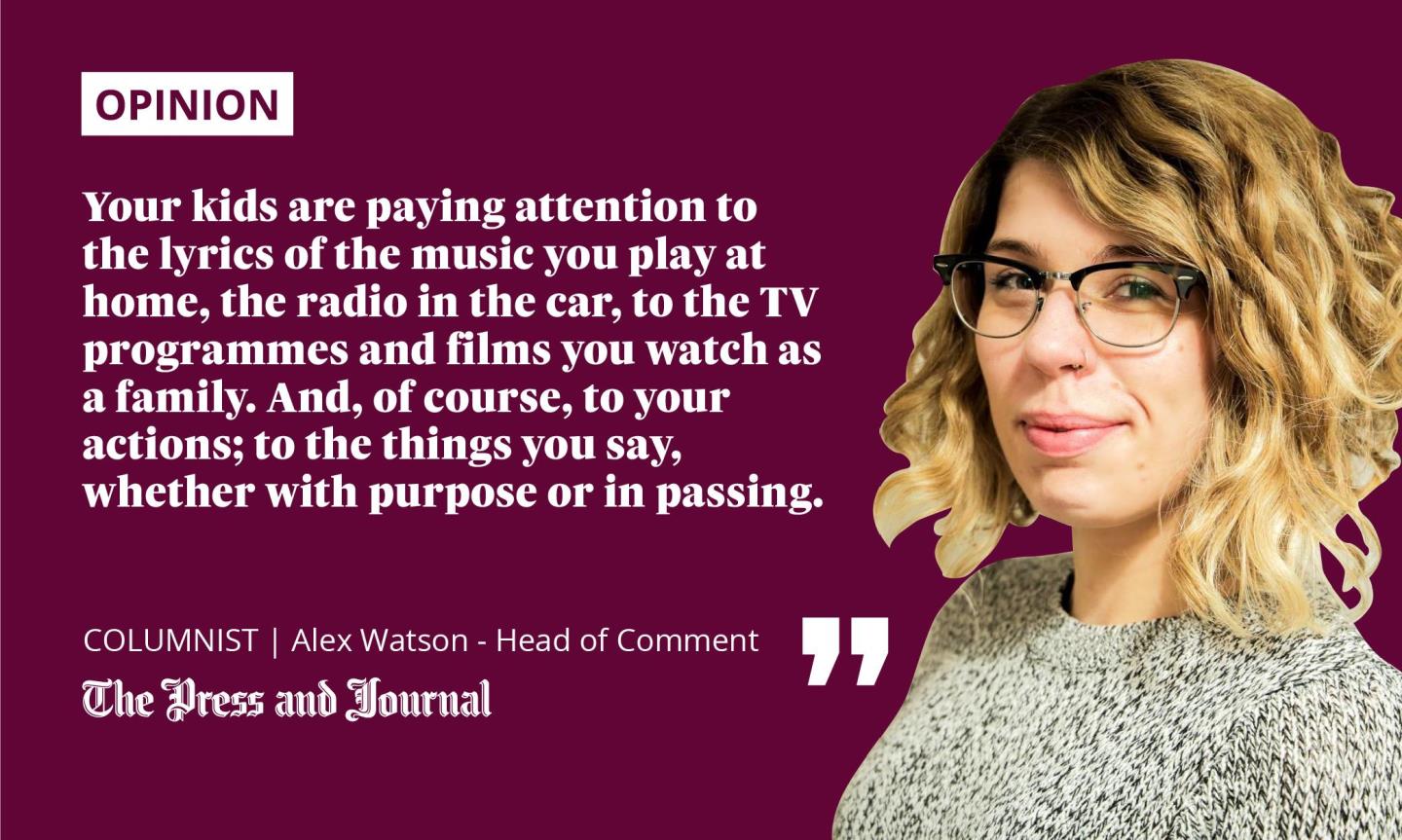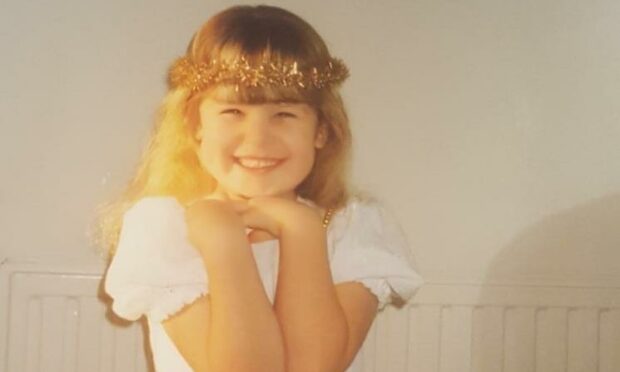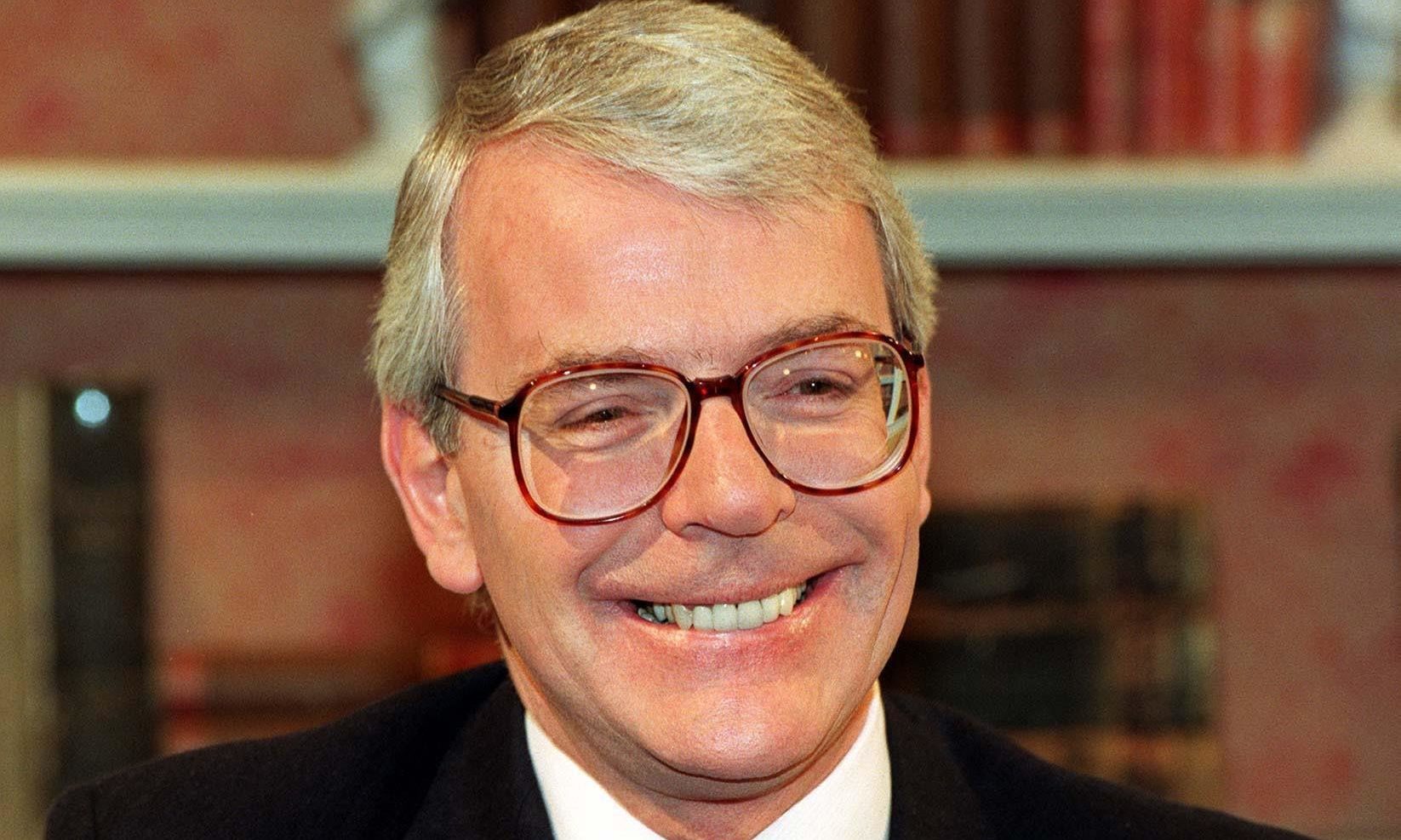Noddy Holder aside, what screams “it’s Christmas” to you?
Maybe light switch-ons or outdoor ice skating or that first annual sip of mulled wine?
For me, it’s three notes played on a piano; F, G, then A, if you’re wondering – I just checked. It’s the introduction to Darlene Love’s version of White Christmas – the opening track to the compilation album A Christmas Gift for You from Phil Spector.

When I was growing up, that record played in the background each time we decorated the tree as a family, and every Christmas morning while we unwrapped presents. The music is bound so tightly to the memories, it’s ingrained, like part of my DNA.
There’s a lot of music that pulls me right back to being a child. The Beach Boys routinely joining us on warm, sandy summer holidays; watching dark cityscapes and bright lights whip past the car window with Iggy Pop singing The Passenger; failing to dance but learning to sing along to Aretha Franklin and Nina Simone.
For as long as I can remember, life has had a soundtrack that I’ve eagerly devoured. At four years old, I’d memorised the words to Psycho Killer by Talking Heads, and was already certain the Sex Pistols were sellouts.
Somehow, I’d also worked out by then that I’m Waiting For The Man by The Velvet Underground was a song about visiting a drug dealer – though, admittedly, I thought he wore “Eeyore shoes” (as in Winnie the Pooh’s pal), not Dior.
Kids pay a surprising amount of attention, it turns out.
Children are always absorbing information
The last song on the Phil Spector Christmas album is Silent Night. It begins with a soft-spoken Spector talking over an instrumental backing track. I don’t think I’ve heard more than 10 seconds of it; my parents always rushed to hit stop on the CD player before Phil ever really got going.
Though I didn’t know the ins and outs of the producer’s criminal record as a child, I gleaned from this reaction and the conversations it sparked that Phil Spector wasn’t a good person. I suppose it was also my first run-in with the idea of separating the problematic artist from their art – a discussion that crops up a lot these days, though I’m still not sure exactly where I stand on it.
Your children are noticing things you probably wouldn’t expect them to and, though they don’t realise it now, it will have an impact on the fully fledged people they’ll soon become
What we teach kids in school about sex, sexuality, gender, race (and so many more important but apparently divisive topics that are allegedly up for debate) has been argued over a lot this year. I think what we adults need to remind ourselves is that, from a surprisingly young age, children are absorbing information about these things, whether they are actively being taught it or not.
They’re paying attention, like I was, to the lyrics of the music you play at home, the radio in the car, to the TV programmes and films you watch as a family. And, of course, to your actions; to the things you say, whether with purpose or in passing.
Your children are noticing things you probably wouldn’t expect them to and, though they don’t realise it now, it will have an impact on the fully fledged people they’ll soon become.
Moral realisations through music and media
Family legend has it that, before I reached double digits, I brandished a magazine at my dad, demanding to know if the man on the cover was then-Conservative prime minister, John Major. After receiving confirmation, I let out a long, loud guttural noise of disgust.
A cute, funny story for my parents to tell at dinner parties, sure. But, at six years old, I’d resolutely made up my mind about something that the grown-ups never expected me to even contemplate. And John didn’t last long following my damning criticism, either.
I don’t remember what turned me, a primary schooler, off the Tories. I also don’t remember being taught about racism at my very white, very middle class school in West Lothian, but that’s because I wasn’t. I learned about it from listening to the words of soul songs and from watching movies like The Blues Brothers. I knew what apartheid was – not as a result of lessons, but because of the song Free Nelson Mandela.
I watched documentary footage of blues legend John Lee Hooker struggling to write his own name while signing a guitar and, like a punch to the gut, what I had already been told countless times before suddenly hit home; not everyone in the world had it as good as me.
Though hardly a definitive LGBT resource by today’s standards, I’m certain The Rocky Horror Picture Show played a big part in forming my lifelong belief that sexuality and gender expression aren’t set in stone, nor dictated to us by other people.
No one person is the same, and that’s OK. In fact, it’s good. As Tim Curry’s Dr Frank-N-Furter sang: “Don’t get strung up by the way I look, don’t judge a book by its cover”.
We can’t control or censor kids’ opinions
My parents answered questions and provided age-appropriate context for some of these big, moral compass-setting realisations, of course. But not for all of them. They were busy – they didn’t even know I was paying that much attention.
A lot of who we grow up to be, we quietly figure out by ourselves. Kids are strong-willed; it’s one of the best things about them. They pick up ideas and knowledge from all kinds of places. We can’t control or censor that process – it’s impossible.
What we can do is be honest and open-minded in our discussions, even with our littlest little ones, giving them the best chance of forming their own informed opinions. Because they’re already making their minds up, whether you want them to or not.
Alex Watson is the Head of Comment for The Press & Journal and a former child

